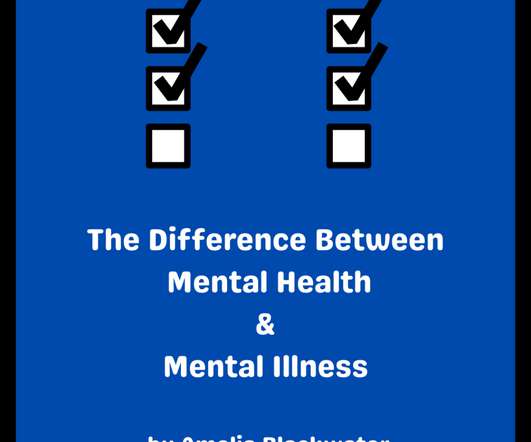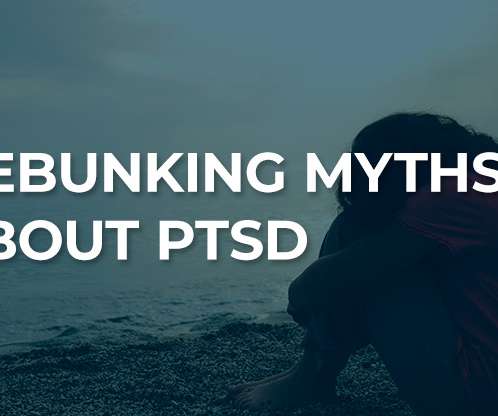NASW Observes Posttraumatic Stress Disorder Month
Social Work Blog
MAY 25, 2022
NASW recognizes June as Posttraumatic Stress Disorder (PTSD) Awareness Month. PTSD impacts millions of people in the United States. According to the National Center for PTSD, a program of the U.S. Department of Veterans Affairs, about seven or eight of every 100 people will experience PTSD in their lifetime.”
























Let's personalize your content